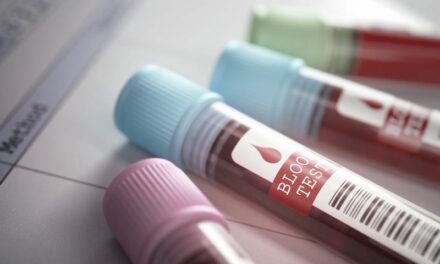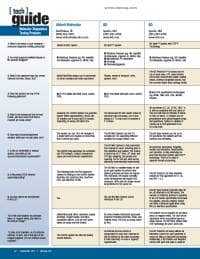Proponents of personal genome testing see the burgeoning field as taking baby steps on the path to a future enlightened by the tools of personalized medicine.
But that’s not exactly what FDA’s Alberto Gutierrez, director of the CDRH Office of In Vitro Diagnostics and Radiological Health, had in mind when he signed a warning letter to 23andMe CEO Ann Wojcicki, demanding that the company immediately discontinue marketing its personal genome service “until such time as it receives FDA marketing authorization for the device.”
Frustrated after months of silence from the company about its two premarket notification (510(k)) submissions initiated in 2012, FDA rehearsed a litany of omissions and inactivity as background to the letter.
For her part, Wojcicki acknowledged that the company is “behind schedule with our responses” to the agency’s requests for information. But she also sought to frame her company as a pathfinder for the new context of genomic testing and personalized medicine. “This is new territory for both 23andMe and the FDA,” Wojcicki wrote in a blog post. “This makes the regulatory process with the FDA important because the work we are doing with the agency will help lay the groundwork for what other companies in this new industry do in the future. “
On the subject of FDA’s concerns about potential misuses of personal genomic information, Wojcicki was somewhat less than apologetic. “We have worked extensively with our lab partner to make sure that the results we return are accurate,” she wrote. “We stand behind the data that we return to customers—but we recognize that the FDA needs to be convinced of the quality of our data as well.”
FDA may not buy into Wojcicki’s suggestion that personal genome testing constitutes a new industry and category of product requiring a wholly new path to market. And with the clock ticking on 23andMe’s response to FDA’s warning letter, it remains to be seen whether the agency will have enough patience left to entertain even a very convincing show of data.




